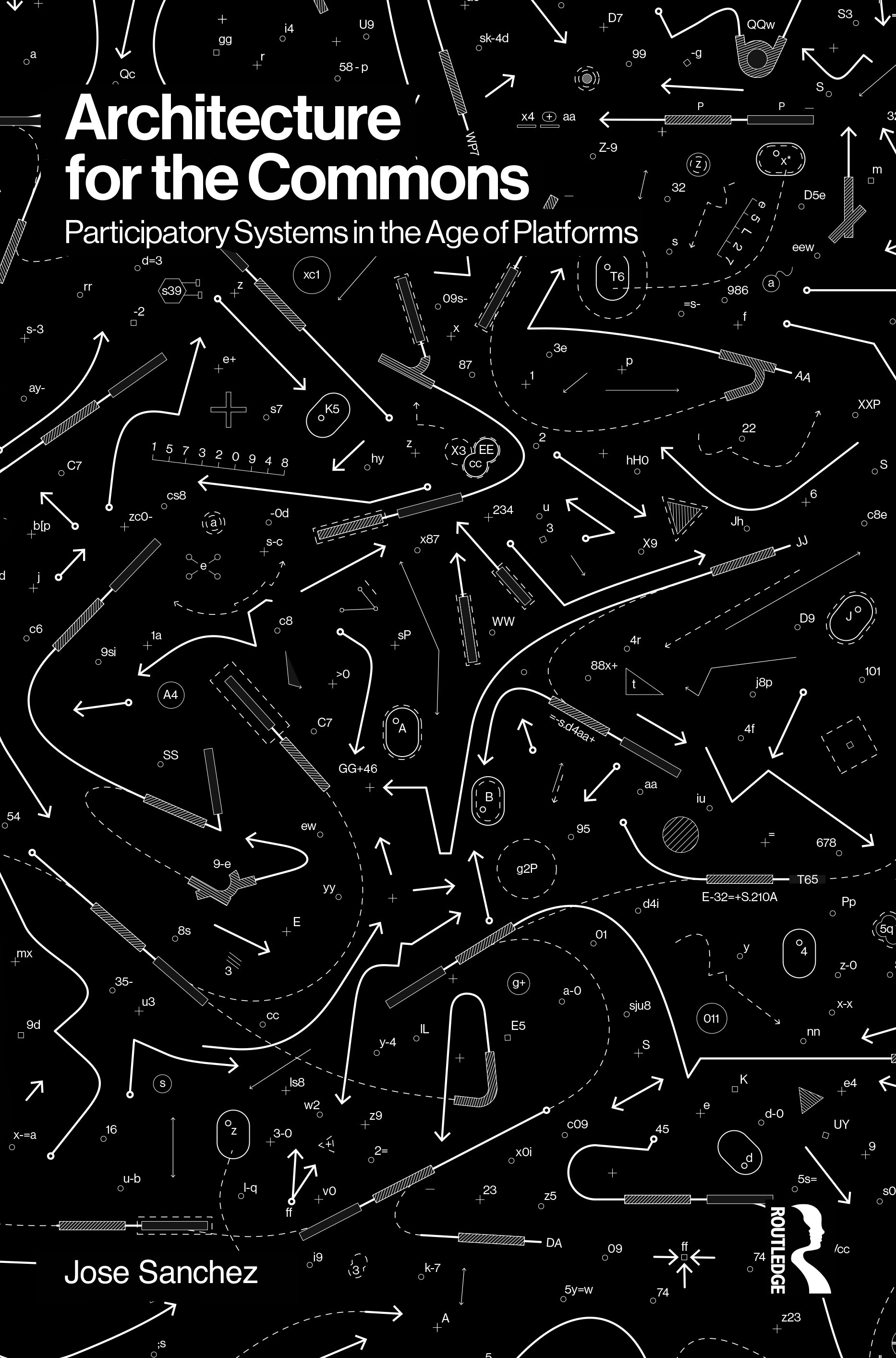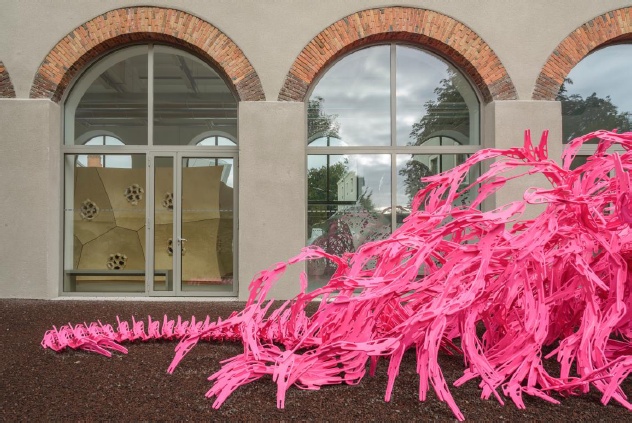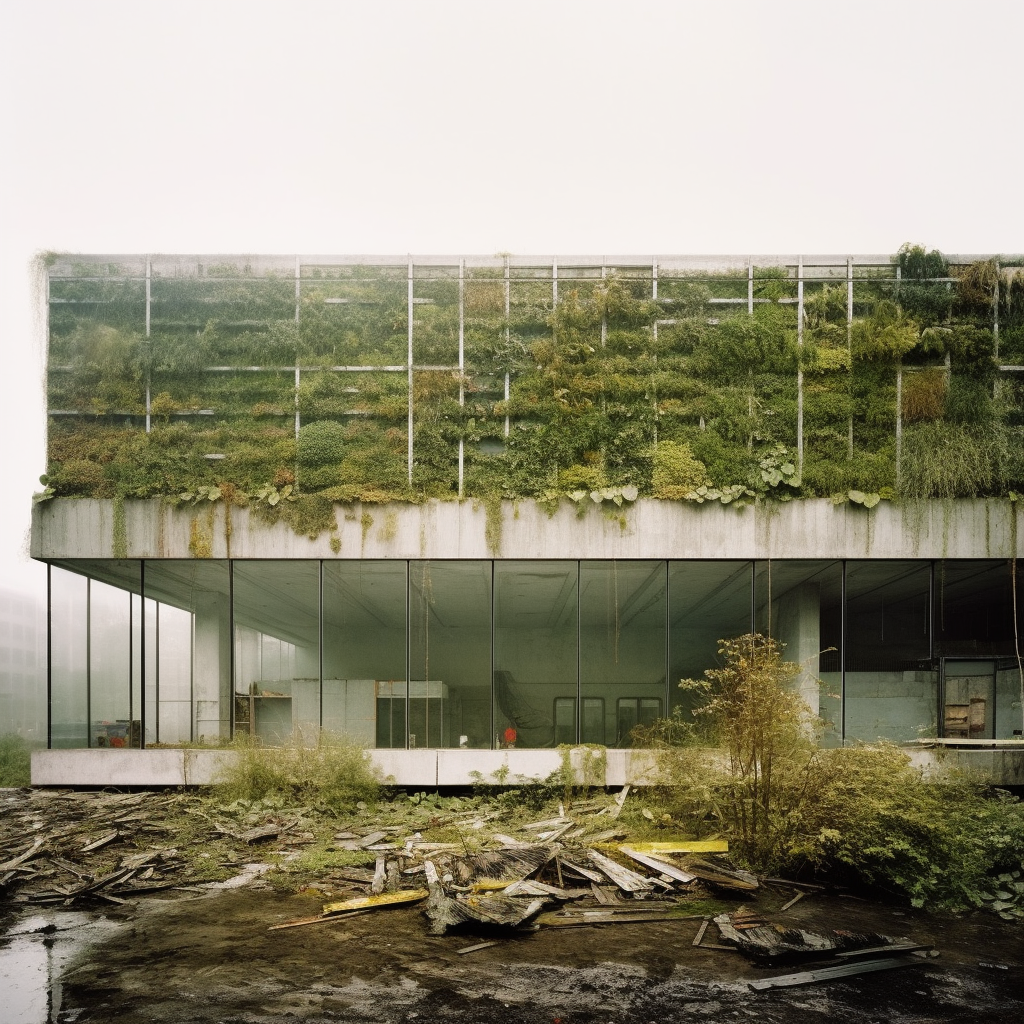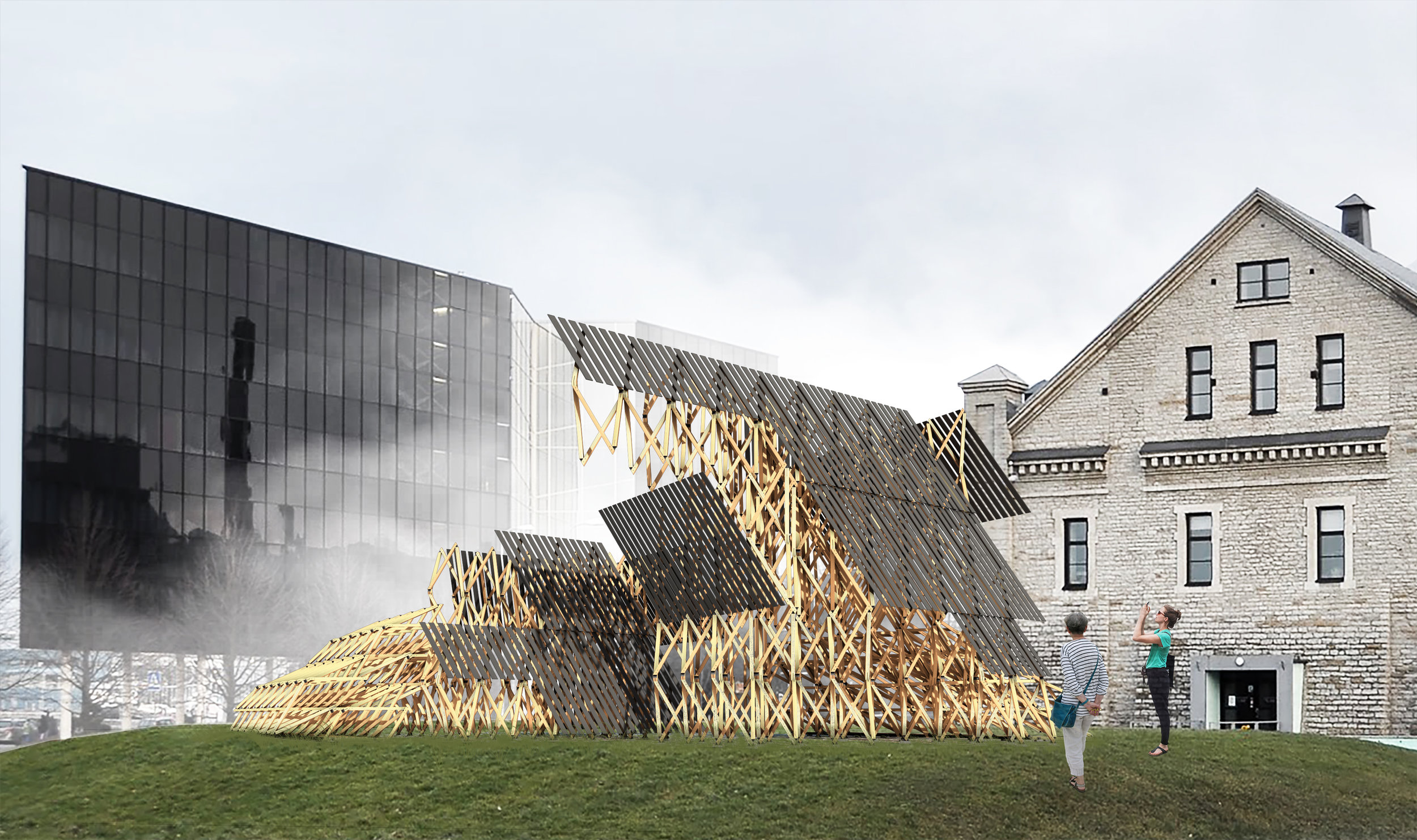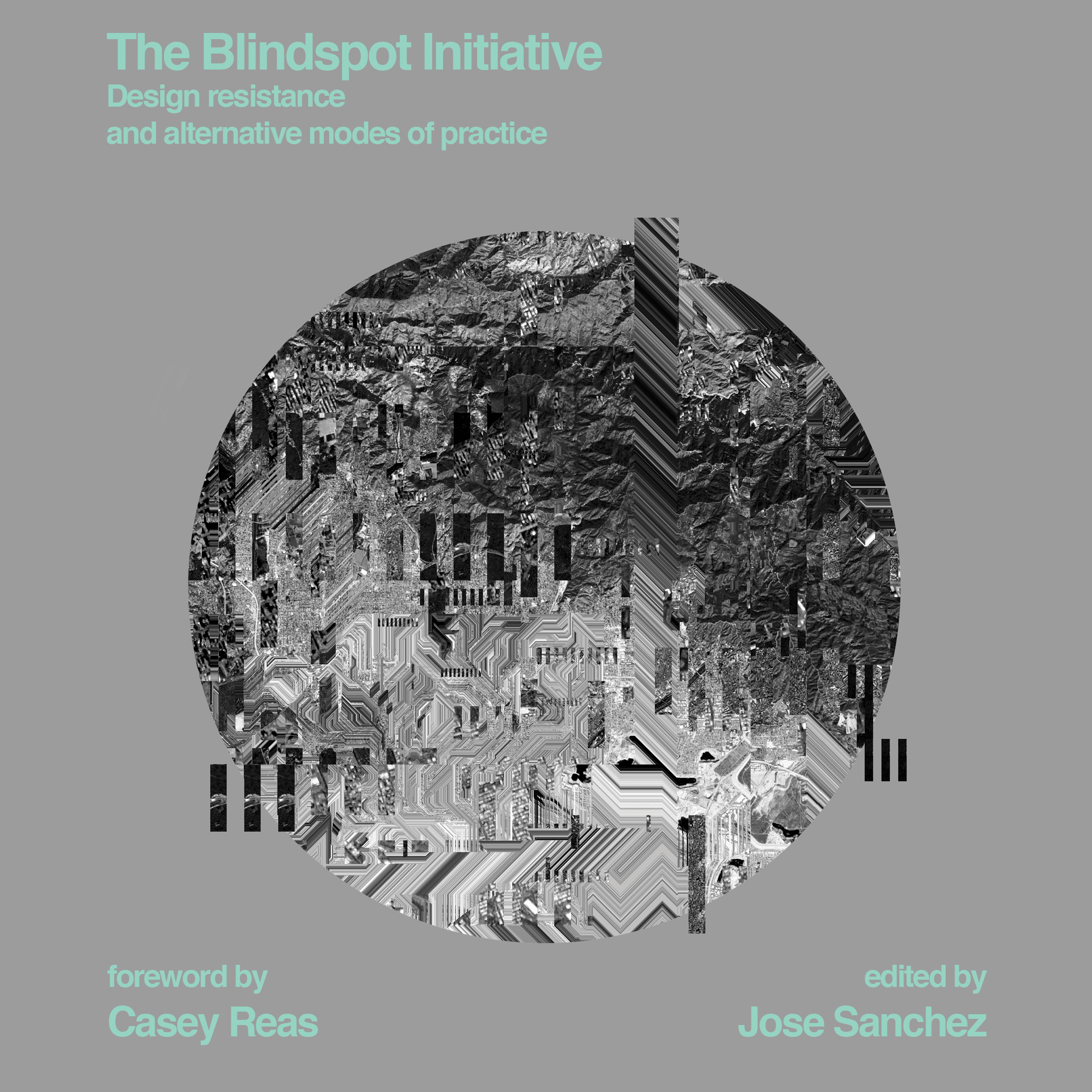JOSE SANCHEZ / DIRECTOR
Jose Sanchez is an Architect, Game Designer, and Media Artist practicing in New York. He is the director of the Plethora Project, a research studio investing in the future of the propagation of architectural design knowledge, and the Game Assemblies Lab, a research unit within Cornell Tech, in New York City. He is the creator of the video games Block’hood and Common’hood, digital social platforms that aid the authoring of architectural and ecological thinking to non-expert audiences. He is the author of the book “Architecture for the Commons: Participatory Systems in the Age of Platforms,” published by Routledge in 2020, and the co-creator of Bloom, a crowdsourced interactive installation which was the winner of the Wonder Series hosted by the City of London for the 2012 Olympics. He has taught in the United States and Europe, including at the Architectural Association in London, The Bartlett School of Architecture at University College London, the University of Southern California, and the University of Michigan. He currently serves as an Associate Professor at Cornell Tech in New York City. His current research, “Mediated Assemblies,” designs and interrogates simulation and interactive media as a collaborative, embodied, and situated practice.

